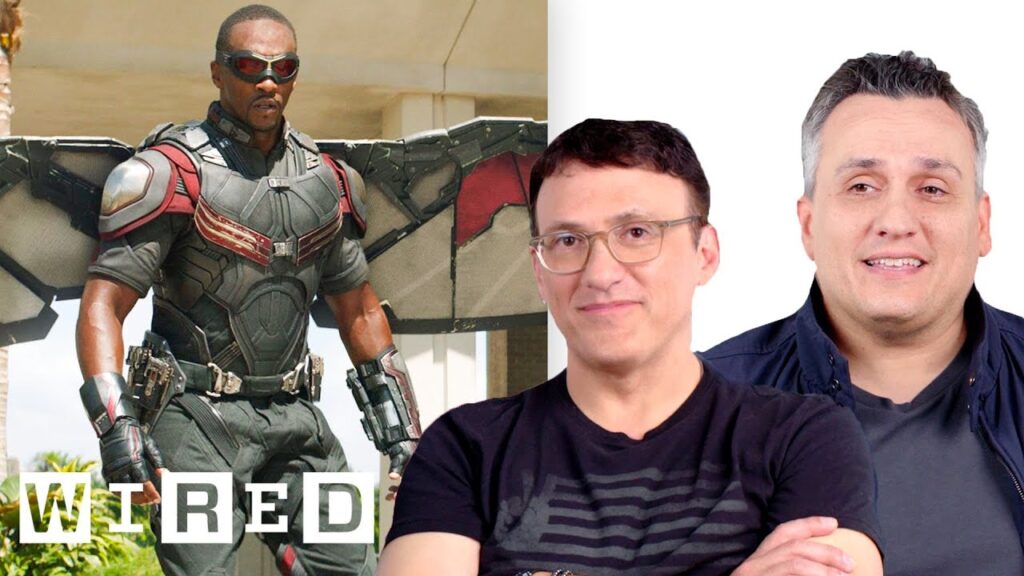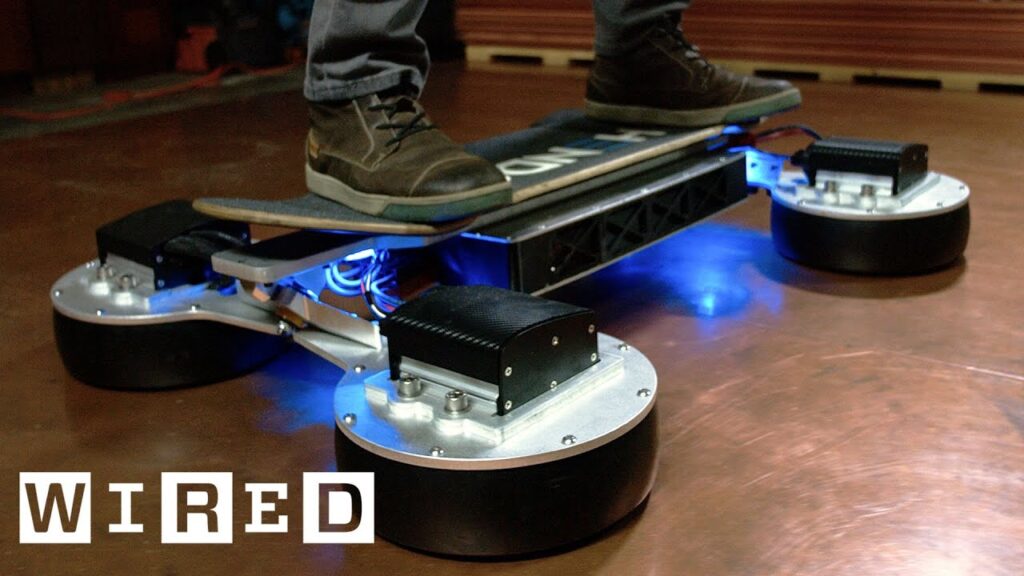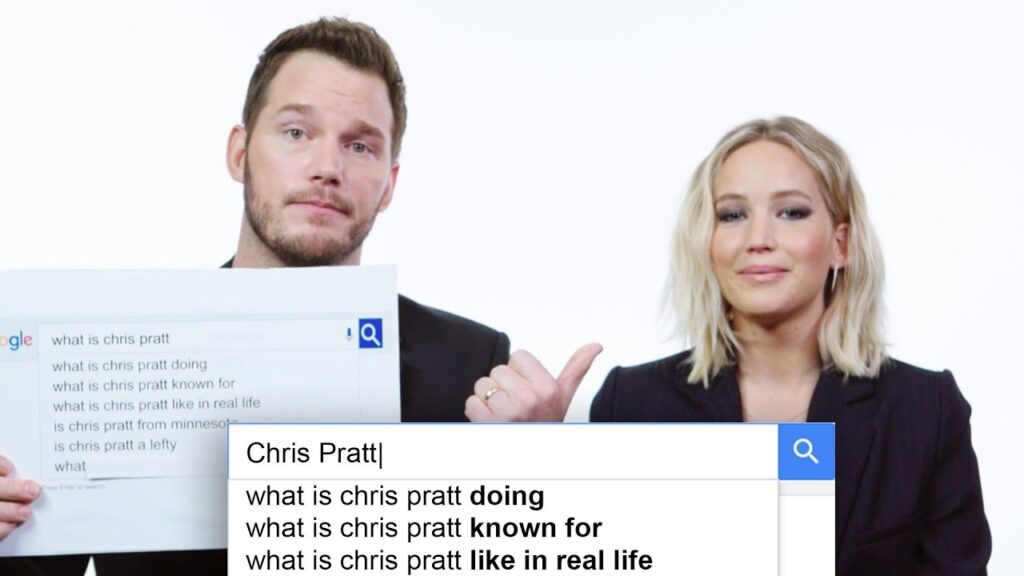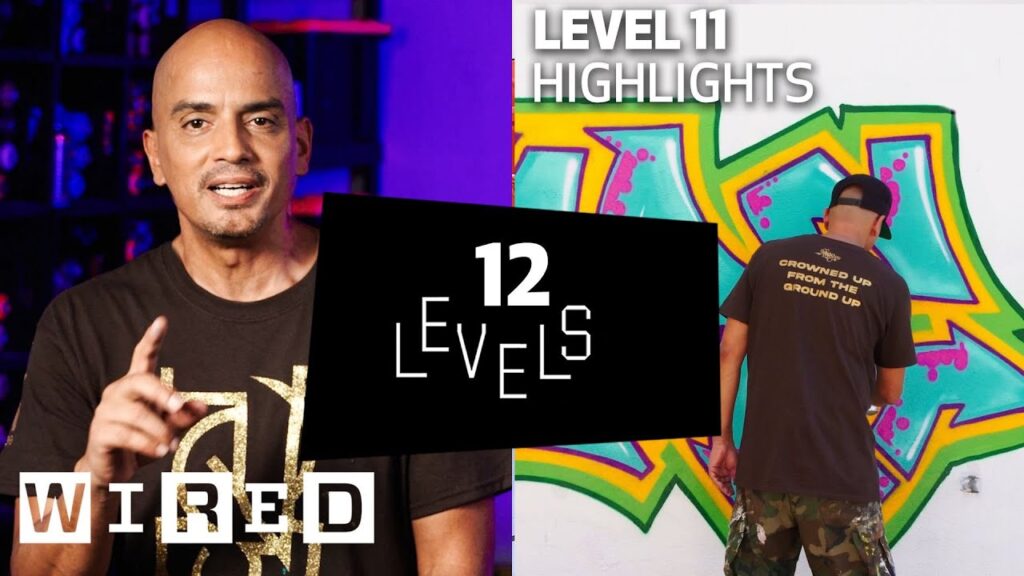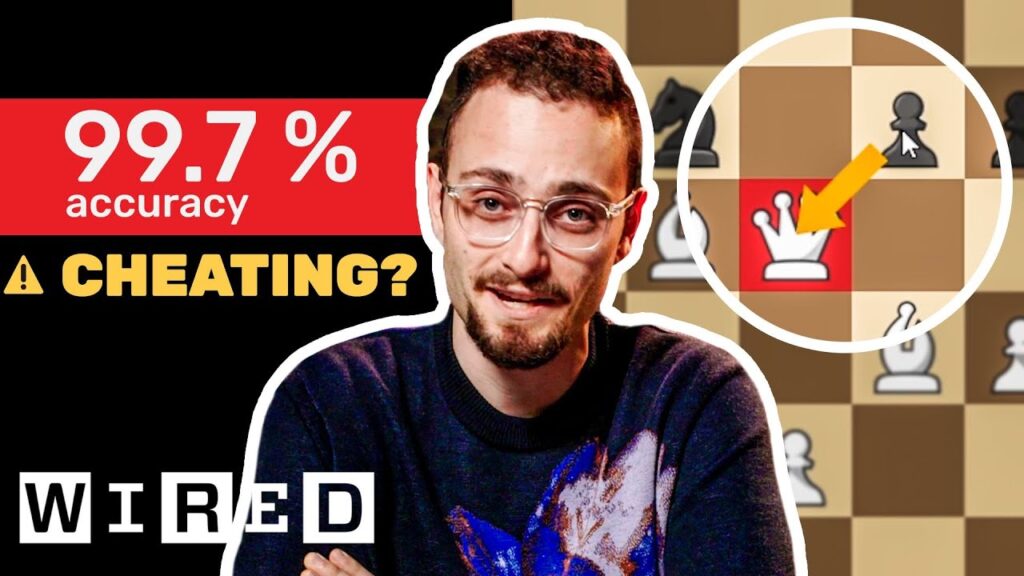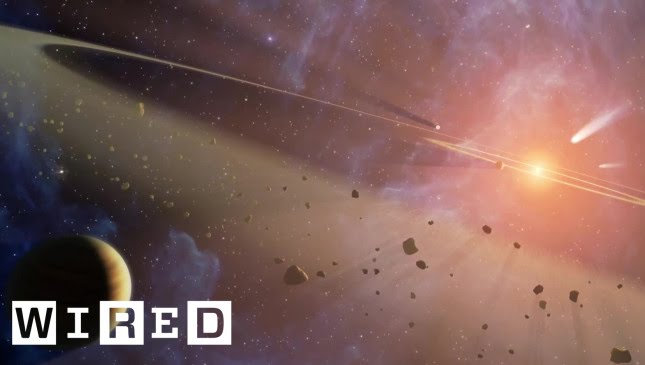Zero-Knowledge Proofs: Demystifying the Concept
Summary
In this article, we explore the concept of zero-knowledge proofs with Amit Sahai, a computer science professor at UCLA. Sahai explains how zero-knowledge proofs can be used to prove a statement without revealing the underlying information, and discusses the potential applications of this technology in cryptography, elections, and multi-party computation protocols. The article also highlights the challenges of using zero-knowledge proofs and the need for continued research in the field.
Table of Contents
- What are zero-knowledge proofs?
- How can zero-knowledge proofs be applied in cryptography?
- Can zero-knowledge proofs be used in elections?
- What are multi-party computation protocols and how are zero-knowledge proofs used in them?
- What are the challenges in using zero-knowledge proofs?
- What is the potential of zero-knowledge proofs to solve problems of mistrust in society?
- What is the future of zero-knowledge proofs and cryptography?
Introduction
Zero-knowledge proofs have long been a topic of discussion in philosophy and mathematics, but their potential applications in cryptography and other areas have become increasingly relevant with the rise of blockchain and other technologies. In this Q&A, Amit Sahai, a computer science professor at UCLA, helps demystify the concept of zero-knowledge proofs and its potential applications.
Q&A
What are zero-knowledge proofs?
Zero-knowledge proofs are a way for one person (the prover) to convince another person (the verifier) that a statement is true without revealing any additional information beyond the fact that it is true. In other words, the prover is able to prove something without revealing how they know it, while the verifier can be sure that the statement is true without gaining any additional knowledge beyond what is required to verify it. This concept can be applied in a range of scenarios, from finding a hidden object in a photograph to exchanging secret messages with someone.
How can zero-knowledge proofs be applied in cryptography?
Zero-knowledge proofs have a wide range of potential applications in cryptography. For example, they can be used to prove that a computation was performed correctly without revealing any information about the computation itself. In the context of blockchain, zero-knowledge proofs can be used to enable private transactions without revealing the identity of the sender or receiver. This technology has the potential to revolutionize the way we approach privacy and trust in digital transactions.
Can zero-knowledge proofs be used in elections?
Yes, zero-knowledge proofs can be used in elections to prove that the election was conducted correctly without revealing how any individual person voted. For example, a zero-knowledge proof could be used to prove that the number of votes cast was equal to the number of people who voted, without revealing information about the individual votes themselves. This could help increase trust in the electoral process and reduce concerns about election fraud.
What are multi-party computation protocols and how are zero-knowledge proofs used in them?
Multi-party computation protocols are a way for multiple parties to compute a function without revealing their individual inputs. Zero-knowledge proofs can be used in these protocols to ensure that each party is providing correct input without revealing the actual inputs themselves. This technology has potential applications in areas such as data privacy and secure computing.
What are the challenges in using zero-knowledge proofs?
One of the main challenges in using zero-knowledge proofs is the computational cost of proving a statement. This can be a bottleneck in implementing the technology and may limit its practical applications. However, there is hope that advancements in parallel computation and cloud computing could help increase the efficiency of zero-knowledge proofs.
What is the potential of zero-knowledge proofs to solve problems of mistrust in society?
Zero-knowledge proofs have the potential to help bring mutually distrustful people together by enabling them to prove their authenticity or the veracity of a statement without revealing any additional information. This technology could help increase trust in a wide range of settings, from online transactions to international diplomacy.
What is the future of zero-knowledge proofs and cryptography?
The future of zero-knowledge proofs and cryptography is exciting, but also challenging. As computing power continues to advance, the potential for quantum computing to break traditional encryption methods poses a significant threat. Researchers and mathematicians will need to continue to push the boundaries of what is possible in order to create mathematically hard problems that can withstand this threat. Despite the challenges, the potential applications of zero-knowledge proofs in areas such as blockchain and secure computing make continued research in this field crucial.
Conclusion
Zero-knowledge proofs are a powerful technology that have the potential to revolutionize how we approach trust and privacy in various domains, from online transactions to elections. While there are still challenges to be addressed in implementing this technology, the potential impact of zero-knowledge proofs is significant. Continued research in this field will be crucial as we navigate the challenges and opportunities of a rapidly changing digital landscape.
